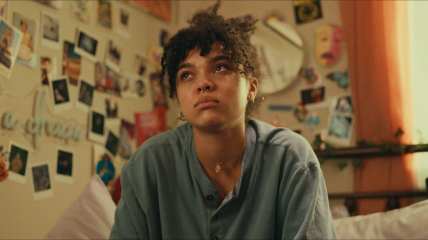The making of a revolutionary
OPINION: ‘Free Angela and All Political Prisoners’ is a great documentary for anyone who loves stories of Black history where Black women flex their revolutionary muscles and go to war for Black people.
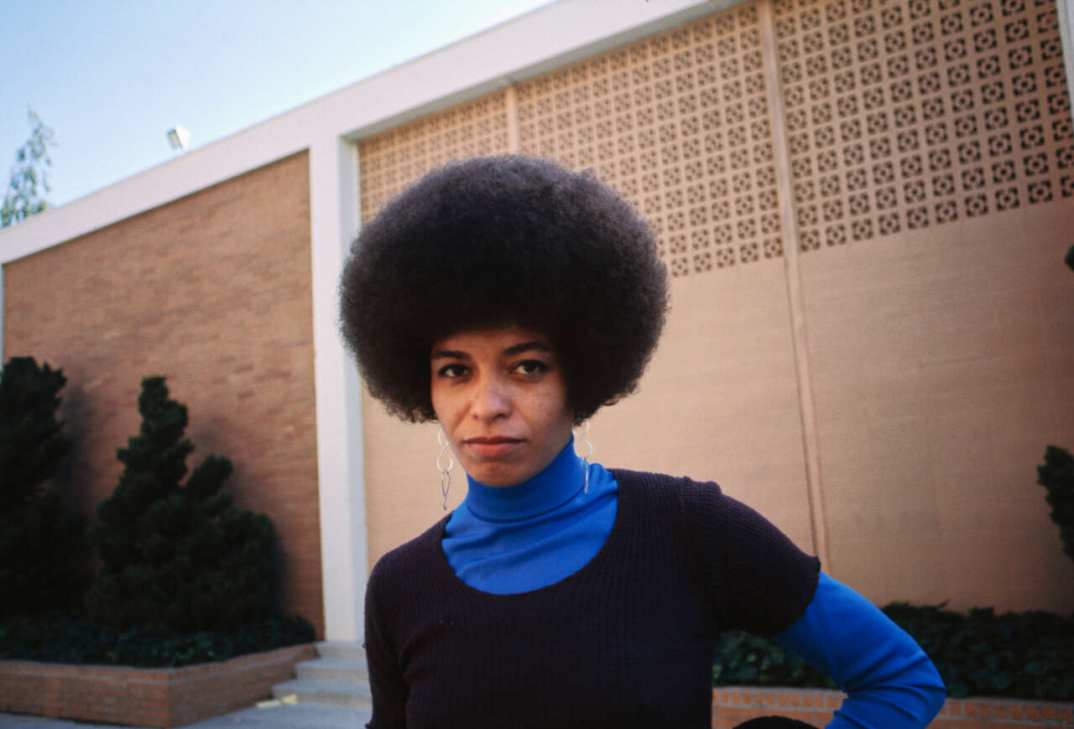
Editor’s note: The following article is an op-ed, and the views expressed are the author’s own. Read more opinions on theGrio.
Watch “Free Angela and All Political Prisoners” free on-demand on theGrio’s streaming app. Download it here.
Angela Davis is one of the most inspiring, charismatic and empowering figures in Black history. In the 1960s, she was a leader in the Black Panther Party who fought more fiercely for Black justice than anyone today. She was a committed soldier in the battle for Black liberation, and even though she saw it as a war, she carried herself with grace and poise while maintaining the best afro of all time. Free Angela and All Political Prisoners, directed by Shola Lynch, is a brilliant documentary about her life that’s a must for anyone who cares about Black history.
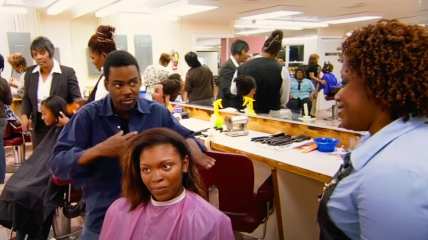
‘Good Hair’ grows better with age
Davis joined the Panthers as a young intellectual who understood that she would have more power to change the world as part of an organization than as an individual. The film employs found footage along with modern interviews and no narrator to create a speed that conveys a sense of the war that the Panthers found themselves in.
It’s important to know that the Black Panthers were all about free breakfast programs for children and had an entire 10-point program outlining an entirely new political relationship between America and Black America. Their demands included full employment for Black people, education that exposes the true nature of American society, exemption from military service for Black people, an “immediate end to POLICE BRUTALITY and MURDER of Black people,” freedom for all Black men held in prison, and all Black people on trial to be tried in front of a jury of Black people. But what stands out in the collective memory is their paramilitary actions—how they marched into the California legislature openly and legally holding shotguns and how they policed the police, and how they got into armed battles with the American government. Dr. King and the civil rights movement pursued a non-violent approach that guaranteed they wouldn’t respond even if they were attacked. The Panthers took an entirely different approach, which eventually had dire consequences.
The film explains how Davis, like most of the Panthers, had a deep sense of empathy for any Black person held in prison. She grew close to the Soledad Brothers—three Black men who were radicalized by their time in prison—and one of them, George Jackson, became a romantic partner for a brief time. In one of the film’s most powerful moments, we learn about Davis and Jackson’s passionate jailhouse interlude, and we hear her emotional letters to him describing her love for him.
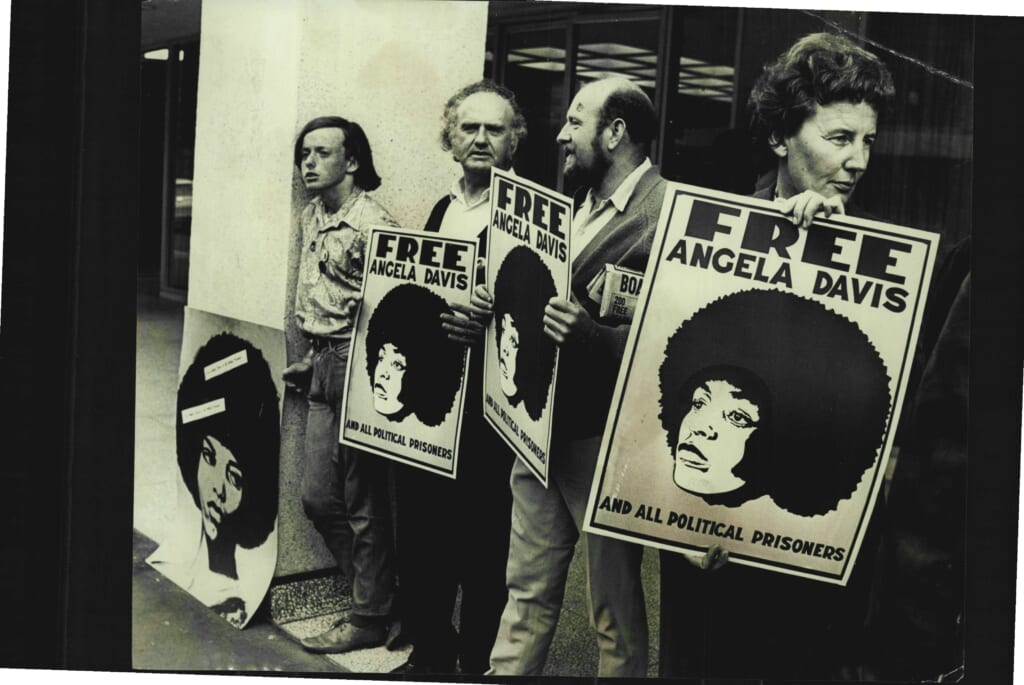
But Jackson was then in deep trouble—he described prison as so horrible that it seemed to be constructed specifically to destroy people. During a fight in the prison yard, a guard shot and killed three inmates in front of Jackson. A short time later, a guard was attacked and killed. A police investigation concluded that Jackson and two comrades were the killers. Then Jackson’s 17-year-old brother Jonathan entered a California courtroom with guns and took the judge, prosecutor and three jurors hostage while attempting to liberate three defendants and demanding the freedom of George Jackson and his co-defendants. A gunfight with police led to the death of Jonathan, the defendants and the judge. Then police said Jonathan’s gun had been purchased by Angela Davis just days before the incident, and she’s charged with first-degree murder even though she was not present at the incident. That’s when police began searching for her, and she went underground.
The film explores how for months, Davis hid in California, then Miami and then New York City, evading police. Eventually, she’s captured, and while she awaits trial, she’s held in horrible conditions. You feel the fear and anxiety around this amazing woman being at the mercy of American prisons. A global Free Angela movement pops up, supported by celebrities and regular folks, making her a cause celebre. When her trial finally begins in late 1970, she walks into court flashing a Black power fist at her supporters and sporting her iconic perfect afro.
Her trial is an epic battle where she’s led by a team of brilliant Black attorneys, making it a stage where Black intellectual prowess is showcased. But the opening statement in her trial comes from Angela herself. She declares her innocence, she reveals her charisma and intelligence, and she sets herself up to succeed. The jury was all-white, but her attorney argued brilliantly on her behalf. She’s found not guilty on all counts, turning her into even more of a global celebrity. She was a political prisoner who fought the justice system and won.
Free Angela and All Political Prisoners is a documentary of many moods that move from the thrill of being part of the Black Panthers to the forbidden love story of Davis and Jackson to the scared fugitive story of Davis on the run to an amazing trial story. This is a great doc for anyone who loves stories of Black history where Black women flex their revolutionary muscles and go to war for Black people and risk their lives and, in the end, win and help move Black people a little closer to liberation. Angela Davis is one of the great modern freedom fighters, and this doc takes us into the moments when she went into the pit of hell and survived.
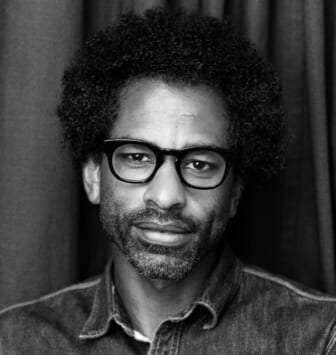
Touré hosts the podcast “Touré Show” and the podcast docuseries “Who Was Prince?” He is also the author of seven books.
TheGrio is FREE on your TV via Apple TV, Amazon Fire, Roku, and Android TV. Please download theGrio mobile apps today!
